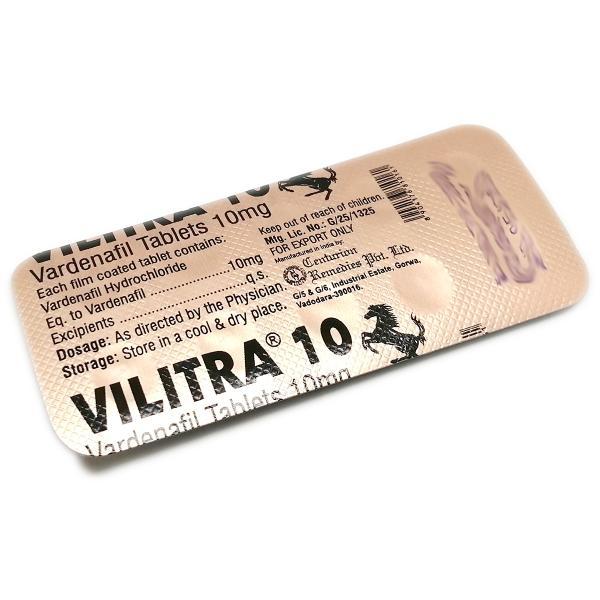
The Comprehensive Guide to Tretinoin Gel
Tretinoin gel is a formulation of retinoic acid, a derivative of Vitamin A, renowned for its effectiveness in treating acne, aging skin, and even specific disorders like hyperpigmentation. In recent years, the popularity of Tretinoin Gel has soared as its benefits become more recognized by dermatologists and skincare enthusiasts alike. For those interested in trying this transformative product, you can purchase it online at Tretinoin Gel https://lekarnaskupaj.si/kupi-tretinoin-gel-online-brez-recepta/.
What is Tretinoin Gel?
Tretinoin Gel is a topical medication that contains Tretinoin, a form of retinoid. This compound is synthesized from Vitamin A and plays a crucial role in cell turnover, meaning it helps the skin shed old, dead cells and facilitates the growth of new ones. As a result, Tretinoin Gel has become a popular treatment for improving skin texture, reducing fine lines and wrinkles, and treating acne.
How Does Tretinoin Gel Work?
The main mechanism behind Tretinoin Gel’s effectiveness lies in its ability to accelerate cell turnover. By stimulating the production of new skin cells, Tretinoin helps to unclog pores, making it an effective treatment for acne. Additionally, as older skin cells are removed, the gel promotes a more youthful appearance, which can lead to the reduction of fine lines and wrinkles over time.
Benefits of Tretinoin Gel
Tretinoin Gel offers a multitude of benefits for various skin conditions. Here are some of the key advantages:
- Treats Acne: Tretinoin Gel helps to clear existing acne and prevents future breakouts by reducing the formation of comedones (clogged pores).
- Reduces Fine Lines: Regular use can minimize the appearance of fine lines, contributing to a more youthful complexion.
- Improves Skin Texture: By promoting skin cell turnover, Tretinoin can enhance overall skin texture, making it smoother and more even.
- Targets Hyperpigmentation: Tretinoin is effective in fading dark spots, sun damage, and other forms of hyperpigmentation.
- Enhances Collagen Production: The gel stimulates collagen synthesis, which improves skin elasticity and firmness over time.
How to Use Tretinoin Gel
When incorporating Tretinoin Gel into your skincare routine, it’s essential to follow proper guidelines to maximize its benefits while minimizing potential side effects:

- Start Slowly: If you are new to retinoids, begin by applying the gel every other night. This helps to assess your skin’s tolerance.
- Cleanse Your Skin: Always start with a clean face. Use a gentle cleanser to remove any makeup or impurities.
- Apply a Small Amount: Use a pea-sized amount and gently apply it to the affected areas. Avoid the eye area, as it can be particularly sensitive.
- Moisturize: After the gel has absorbed (wait about 20 minutes), follow up with a moisturizer to mitigate dryness and irritation.
- Use Sunscreen: Since Tretinoin can increase sun sensitivity, it’s vital to wear a broad-spectrum sunscreen daily, even on cloudy days.
Potential Side Effects
While Tretinoin Gel can offer significant benefits, it’s essential to be aware of possible side effects, especially during the initial stages of treatment. Common side effects include:
- Redness
- Dryness or peeling
- Burning or stinging sensation
- Increased sensitivity to sunlight
Most side effects are temporary and subside as the skin adjusts to the treatment. If severe irritation occurs, consult a dermatologist for guidance.
Who Should Use Tretinoin Gel?
Tretinoin Gel is suitable for various skin types, particularly those struggling with acne, signs of aging, or hyperpigmentation. However, it may not be advisable for pregnant or breastfeeding women. It’s crucial to consult with a dermatologist before starting any new skincare treatment, especially one as potent as Tretinoin.
Alternatives to Tretinoin Gel
If Tretinoin Gel is not suitable for you or if you experience adverse effects, there are alternatives worth exploring. Some of these include:
- Adapalene: Another retinoid, but generally considered gentler and often available over the counter.
- Retinol: A milder form of Vitamin A that can still deliver benefits without the potency of Tretinoin.
- AHA and BHA: Chemical exfoliants like glycolic acid (AHA) and salicylic acid (BHA) can help improve skin texture and reduce acne.
Conclusion
Tretinoin Gel stands out as a powerful ally in the quest for clearer, youthful skin. Its multifaceted benefits have made it a staple in many skincare routines. By understanding how to use it effectively and being mindful of potential side effects, you can harness the full potential of this retinoid. Always remember to start slow, prioritize skin hydration, and consult a dermatologist for personalized advice tailored to your skin’s unique needs.
